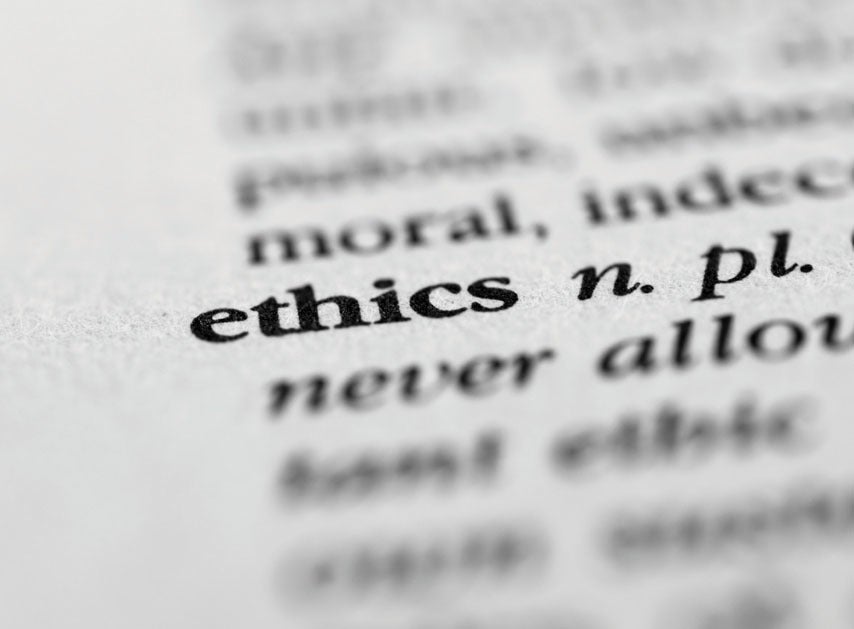
The era of corporate scandal
The story is depressingly familiar and tiresome. We have seen it too many times by now to be surprised.
A hot new company emerges, led by a charismatic iconoclast. It boasts a revolutionary new business model (a platform!) and is widely celebrated by the media and the financial community. It gains massive investment and a rising valuation (a unicorn!). A cult of celebrity forms around the CEO, further fueling its rise. Then, suddenly, it all comes crashing down as it becomes clear that the company was more fraud than fact.
This pattern seems to have become particularly common in the modern era. Consider some recent examples:
- Enron was named “America’s Most Innovative Company” by Fortune for six consecutive years between 1996 and 2001, before imploding in a huge fraud costing shareholders US$74 billion.
- Tyco’s Dennis Kosloski was considered the best CEO in the United States, before going to jail in 2005 for pocketing over US$80 million in illicit compensation.
- Theranos CEO Elizabeth Holmes took her company to a US$9 billion valuation before whistleblowers exposed a pattern of falsified research and altered data.
- WeWork’s Adam Neumann oversaw a precipitous fall that wiped out billions of dollars of VC investment through misleading reporting and outright lies.
These were some of the most famous, or rather infamous, business leaders and celebrated companies of our age. And yet, these are only some of the most prominent examples. There are plenty of others, from Travis Kalanick to Mark Zuckerberg, who embody corporate misbehavior, broken promises, and deceptive practices. No doubt the aftermath of COVID-19 will expose other opportunists, using the worst time to profit from others.
Often, the predictable story of corporate deception has a depressing and empty final act. The government hauls in the disgraced CEO to Washington for what could best be called “accountability theater.” This gives politicians a chance to grandstand for the cameras, attacking the executives while pretending shock and surprise. We have seen this movie too many times.
We need more ethics — not more laws
Faced with what feels like a crisis of misbehavior in corporate America, different communities unsurprisingly offer different responses.
Ask many business leaders and free market advocates what should be done, and their answer would be, in essence: nothing. They acknowledge no problem and seek no change.
Ask consumer advocates and an increasing number of politicians, however, and their answer is: pass new laws. We need to put stronger controls and regulations on companies, they argue, if we are to stop bad behavior before it starts.
I disagree with both camps. I am wary of reactive, knee-jerk policies that attempt to legislate good behavior. No matter how well-intentioned, laws tend to create unintended consequences that can prove disastrous. New rules passed by lobbyist-influenced politicians with little understanding of the industries they are regulating are unlikely to prove fair or effective.
At the same time, I reject the easy notion that “there is no problem” and that everyone should just leave businesses alone. It is too simple to wipe our hands and say that corporate leaders have no responsibility to address this pattern of fraud and reckless behavior. The problem, however, is that laws can only punish bad behavior after the fact, and do little to encourage or incent good behavior.
Ultimately, we need more ethics, not more laws. We cannot legislate our way out of this problem. We need an ethical awakening in corporate America, a new emphasis on creating a culture of accountability and transparency.
We all own this problem
Every business, every leader owns a piece of this problem. Every single time we see a CEO hauled up in the news for a new scandal, consumers become just a bit more jaded and cynical about the companies that control much of their lives, money, and data.
The answer is not to issue press releases or launch a new marketing campaign. The answer lies within each of our organizations. It is up to each of us to define and enable a corporate culture in which integrity is recognized and rewarded. Just as critically, that culture needs to condemn exploitative and abusive behavior, even when it is profitable.
We have the choices and responsibilities that we have always had. Are we willing to do the hard work to clarify and share a set of ethical values within our teams? Are we willing to push out talented but ethically compromised employees and leaders? Are we investing in growing and strengthening a true culture of accountability?
The stakes have never been higher. If we do not step up to this challenge, we will lose control of our own destiny.




